Insulin Resistance is a condition that involves a decrease in the sensitivity of the body’s Cells to the actions of Insulin (i.e. a decrease in Insulin Sensitivity). Insulin Resistance is characterized by decreased sensitivity of Insulin Receptors for Insulin. This lack of sensitivity to the effects of Insulin results in ever-increasing production of Insulin, to the extent that dangerously high levels of…
Enlarged Prostate, BPH or Benign Prostatic Hyperplasia, is a condition involving the enlargement (hyperplasia) and Inflammation of the Prostate Gland. Enlarged Prostate can occurs in men over the age of 40 – approximately 45% to 50% of men are affected by Enlarged Prostate at some stage of their lives. The prevalence of Enlarged Prostate increases with age. 5% to 10% of men…
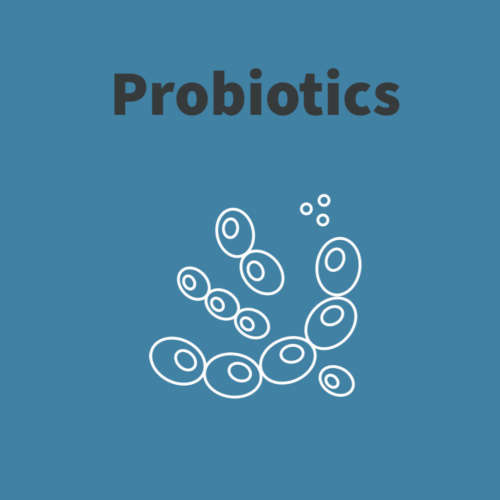
Probiotics Probiotics (Good Bacteria or Beneficial Bacteria) are a group of (primitive) microorganisms that lack a distinct nuclear membrane and have a cell wall of unique composition. Bacteria comprise approximately 90% of Digestive Tract Bacteria in healthy persons. Various species of Beneficial Bacteria (as well as various species of potentially Detrimental Bacteria) populate the Colon. The total number of species of…
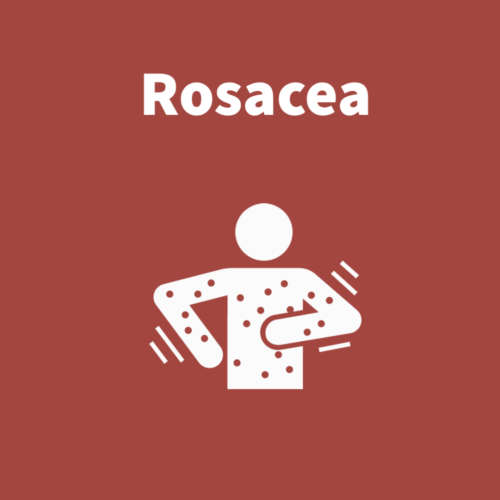
Rosacea Rosacea is a chronic Skin disease of the face in which the Blood Vessels enlarge, giving the cheeks and nose a flushed appearance (especially after periods of physical exertion). Rosacea appears to occur most often in fair-skinned people of northern and eastern European descent, particularly Celtic, English, and Scottish. It often affects multiple members of the same family, presumably because…
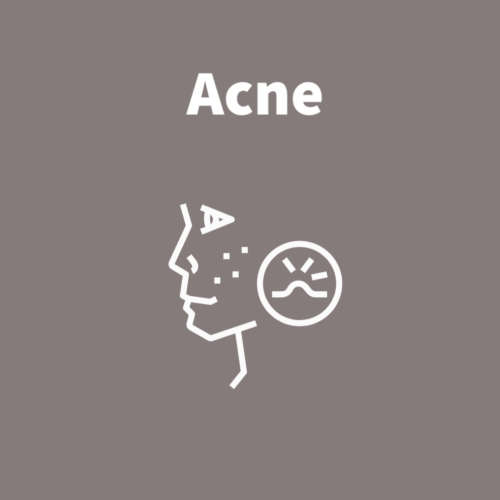
Acne Acne (Acne Vulgaris) is a Skin ailment in which the Sebaceous Glands become inflamed. Acne generally begins to manifest during adolescence and is caused by overactivity of the Sebaceous Glands. The Sebum produced by the glands cannot escape because the Hair Follicles become blocked by Keratin. The Keratin blockage becomes black, forming Blackheads. 85% of the population aged between 12 and 25…

Insomnia Insomnia is the inability to fall asleep or remain asleep for an adequate length of time in the absence of external impediments such as excessive noise or bright light and during the period when sleep should normally occur. insomnia may vary in intensity from restlessness or disturbed Sleep to shortening of the normal length of Sleep or to total…

Simple – Carbohydrates (Sugar) Simple Carbohydrates are a major source of energy for the body and are found in many nutrient-dense foods (fruits, Sugar, Candy, Syrups, Juice Concentrate and Products with add Sugar). The optimal human diet should contain no more than 15% of Simple Sugars. According to American Heart Association (AHA) most men should consume no more than 150 discretionary…
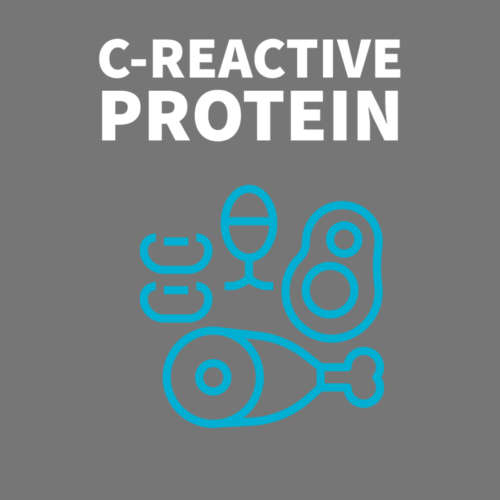
C-Reactive Protein C-Reactive Protein (CRP) is an inflammatory marker often checked in blood test to determine level of inflammation in the body. C-Reactive Protein that can be used to predict heart attack risk. It is produced by the Liver and released in response to acute injury, Bacterial & Viral Infection or other causes of Inflammation that causes increase of CRP.…

Dietary Fiber Dietary Fiber or roughage is the portion of plant-driven food that can not be completely broken down by human digestive enzymes. Most Dietary Fibers are Polysaccharide Carbohydrates. The two types of non-Carbohydrate Dietary Fiber are Lignans and Lignin.The health benefits for Dietary Fiber are applicable only to high intakes of Dietary Fiber (known as a high-fiber diet). Health Benefits…
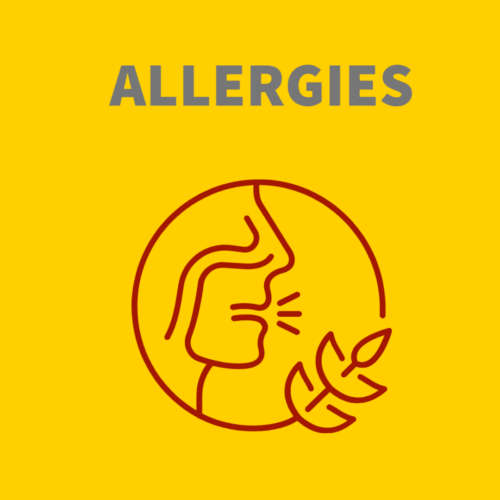
Allergies Allergies are an Immune System Ailment involving unusual sensitivity to the action of various Environmental Stimuli (Antigens) and foods. Allergies are also caused by Eosinophils (specialized Cells of the Immune System) when they release Hydrogen Peroxidase at the site of the Allergy in an attempt to destroy what they “believe” to be Antigens. Substances that may Cause Allergies – Excessive consumption ofAlcohol (ethanol) may…